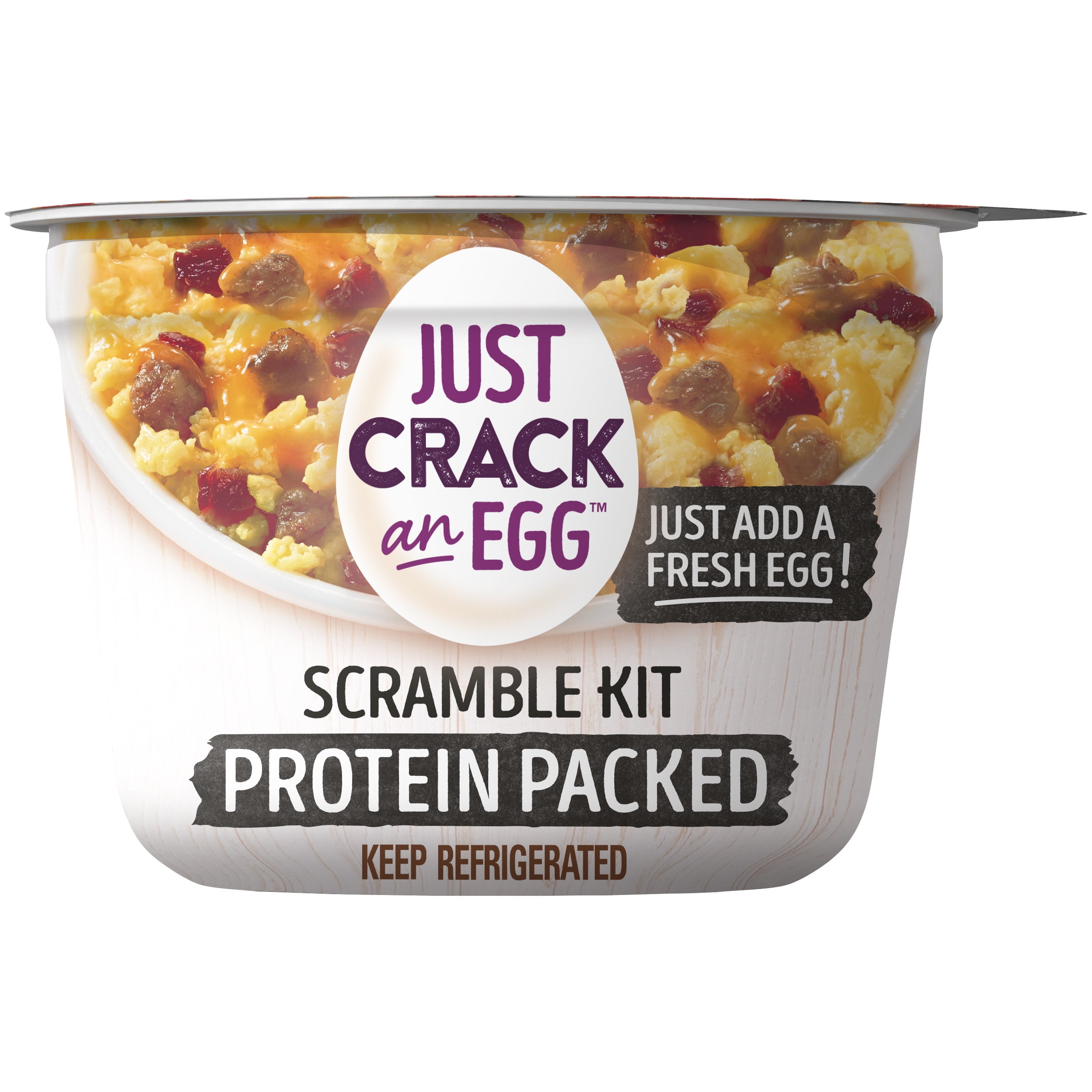

The protein from eggs are also used in some of the protein powders.īodybuilders must have higher amounts of protein than the average person. While some may rely on eggs, others find it convenient to drink their calories in the form of protein shakes. Egg Yolk Nutritionīecause bodybuilders need to gain muscle, they are attracted to the protein-content in boiled eggs. The protein in egg yolks is 2.7 grams and it has 38.8 milligrams of omega-3 fatty acids, 601 milligrams of omega-6 fatty acids, 245 IU vitamin of A, 18.2 IU of vitamin D, 24.8 micrograms of vitamin B9 (folate), 0.3 micrograms of vitamin B12, 9.5 micrograms of selenium, 66.3 milligrams of phosphorus, and some other trace nutrients. On the other hand, one egg yolk has 54 calories. One egg white contains 55 milligrams of sodium and 1.3 micrograms of folate, 2.3 milligrams of calcium, 6.6 micrograms of selenium, 3.6 milligrams of magnesium, 4.9 milligrams of phosphorus, and 53.8 milligrams of potassium. The other vitamins present in eggs include vitamin B6, B12, E, thiamin, riboflavin, choline, and folate. It also provides phosphorous, zinc, magnesium, selenium, potassium, and fluoride. A whole hard-boiled egg provides six percent of the recommended daily intake of vitamin A, two percent of calcium, and three percent of iron. When taking into consideration boiled egg nutrition and the abundant vitamins and minerals it contains, it is a healthy option, especially for breakfast. Energy density is the calorie count of food compared to its weight. Low-energy dense foods satiate you while providing fewer calories. It is a low-energy dense food with 1.6 calories per gram. You should also be aware that hard-boiled egg calories are minimal. Nutrition Facts of Boiled Egg White and Yolk Contrary to the popular belief that people should just eat egg whites, especially for weight loss, most dietitians now recommend eating the whole egg to gain maximum nutritional benefit. Also, several vitamins and minerals are present in the yolk, that are not present in the egg white. By not eating the egg yolk, you are consuming only half of the total protein in an egg. Next time you want to avoid the egg yolk, keep in mind that it also contains protein. The egg white contains 16 calories and four grams of protein, while the yolk contains three grams of protein. It is known that egg whites have protein, but how much protein in an egg white? Let us do a comparative analysis of the egg yolk vs egg white protein content. According to the Academy of Nutrition and Dietetics, depending on the intensity of training, athletes should have 1.2 to two grams of protein for every 2.2 pounds of body weight. Athletes and people who work out more, or indulge in a lot of physical activity, need higher amounts of protein than those with a sedentary lifestyle. People require protein in accordance to their physical activity. These amounts are in accordance with the Dietary Reference Intake. The amount of protein in boiled egg is six grams, which accounts for 11% of the recommended daily intake for men and 14% for women. An average sedentary female should consume 46 grams of protein, while a sedentary male should consume 56 grams of protein every day. Eggs are known to be a complete source of protein as they contain all the essential amino acids. One whole hard-boiled egg has 77 calories. Which Part Has the Most Protein in Boiled Egg? Because of the protein in boiled egg, the Food Guide Pyramid introduced by the United States Department of Agriculture (USDA) categorized eggs under the meat section. Including eggs in a balanced diet is a healthy option.Ī single egg consists of albumin (egg white) and vitellus (egg yolk) enclosed in a fragile and protective shell. Eggs are also eaten raw, but it is not recommended. They can be prepared in many forms such as scrambled, boiled, fried, baked, or steamed. Eggs form a large part of the American diet.


 0 kommentar(er)
0 kommentar(er)
